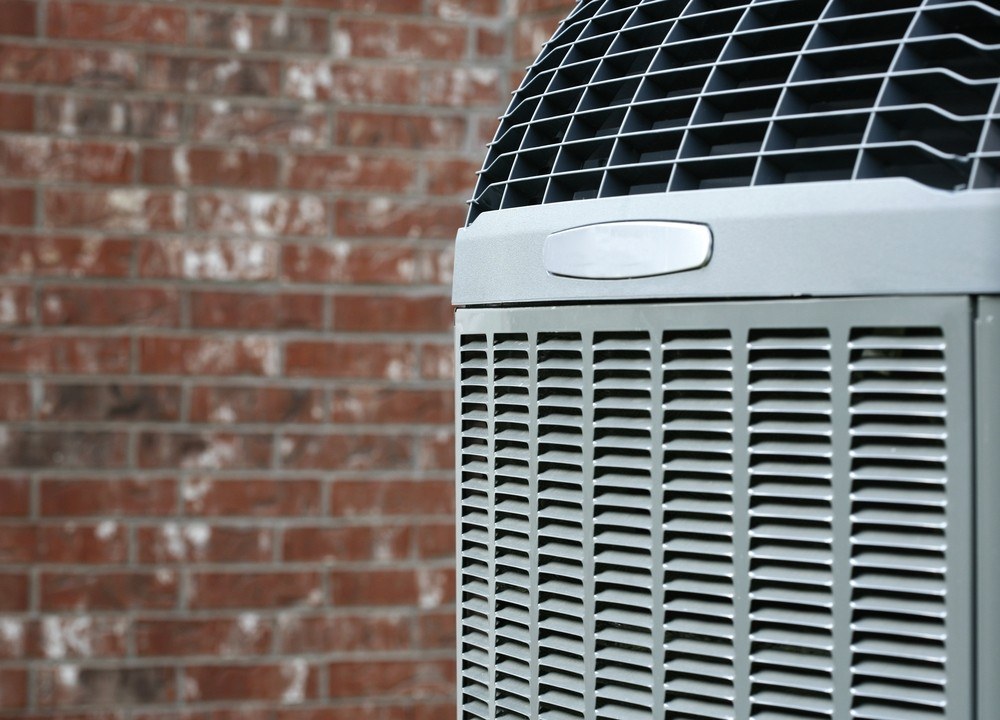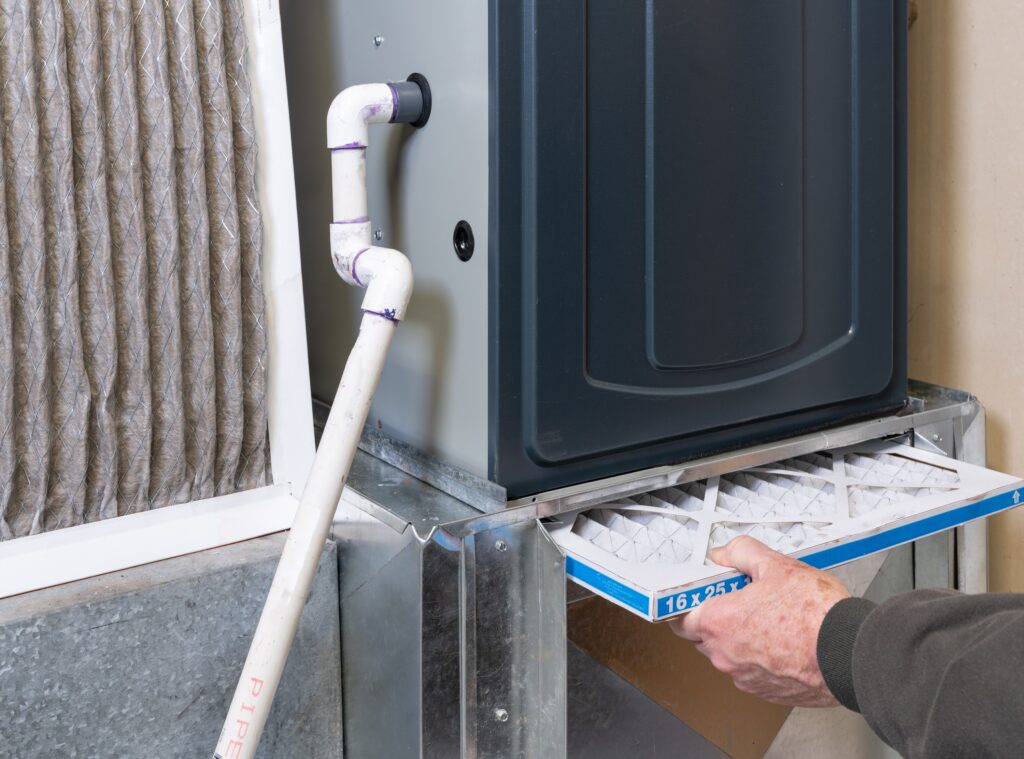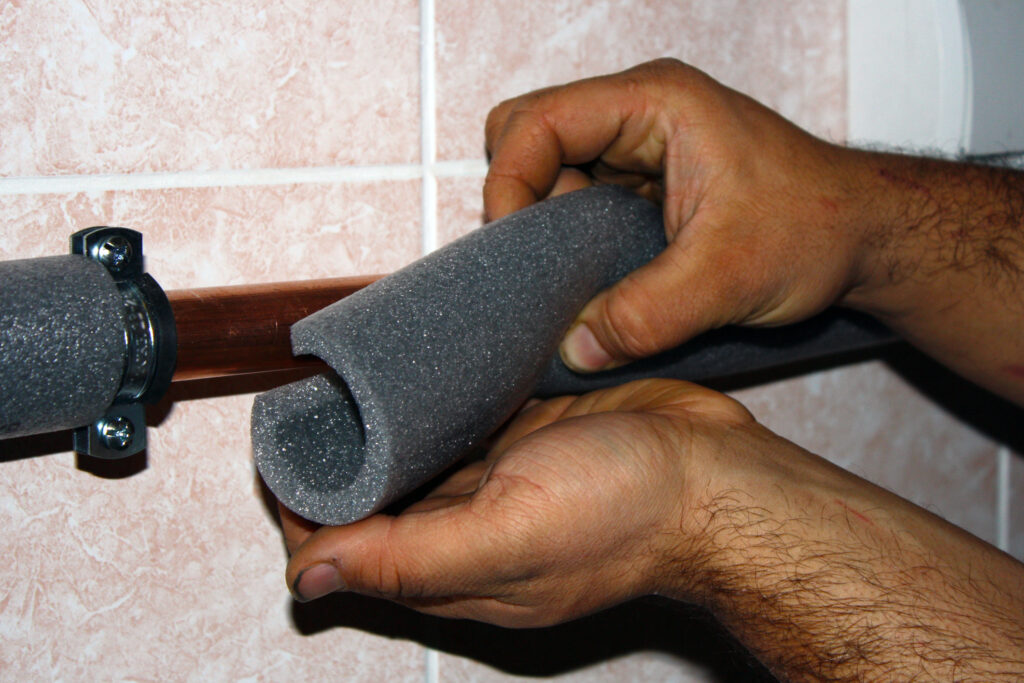
Most homes in the US depend heavily on either furnaces or boilers during the winter months. As temperatures drop, it’s essential to have reliable heating to keep your home warm and comfortable. Unfortunately, rising gas prices might mean keeping your home comfortable can also lead to a less comfortable number on your bank account. Investing in an energy-efficient heater keeps your home cozy, saves money, and reduces your carbon footprint.
Most homes in the US depend heavily on either furnaces or boilers during the winter months. As temperatures drop, it’s essential to have reliable heating to keep your home warm and comfortable. Unfortunately, rising gas prices might mean keeping your home comfortable can also lead to a less comfortable number on your bank account. Investing in an energy-efficient heater keeps your home cozy, saves money, and reduces your carbon footprint.
No matter how energy efficient a heater is, keeping up with furnace or boiler service is vital. Skipping service allows your heater to degrade. You end up losing energy efficiency faster than you would otherwise. At Unique Indoor Comfort (UIC), we provide a 20-point maintenance inspection to ensure your heating system runs smoothly.
Energy Star Certification
One of the easiest ways to determine if you have energy-efficient heating is to look for the Energy Star certification. The United States Environmental Protection Agency (EPA) sets the standards for products to become Energy Star Certified. This program helps individuals and businesses save money and protect the environment by promoting energy-efficient products. Energy Star heaters use 15% less energy than conventional models and perform just as well or better.
Look for a label on the heater packaging or the manufacturer’s website. You can also visit the Energy Star website to look up certified products in your area. Energy Star heaters might cost a bit more upfront, but you’ll save money through reduced energy bills and a longer lifespan for your unit.
AFUE Rating
The Annual Fuel Utilization Efficiency (AFUE) measures the percentage of fuel converted to heat. The higher the rating, the more efficient your heater is. For example, if your heater has an AFUE rating of 90%, then 90% of the fuel it burns produces heat, while the other 10% gets lost through combustion and exhaust. A heater with a higher AFUE rating will save you money on fuel costs and reduce your environmental impact. A heater with an AFUE rating of 90% or higher is considered fuel efficient. Over time, the AFUE rating will decline as a process of age. UIC offers boiler and furnace service to keep your heaters running well.
Check the manufacturer’s website or the product packaging to find your heater’s AFUE rating. If you’re unsure how to find the AFUE rating, our technicians at UIC will be happy to provide more information and offer the appropriate furnace services you need.
Heater Type and Service
Different types of heaters have different energy ratings. Some of the more common types of heaters include:
- Furnaces: Furnaces are one of the most common types of heaters. They’re known for their high energy efficiency ratings. Modern furnaces have AFUE ratings of 80% to 98%, making them an excellent choice for most homeowners.
- Boilers: Boilers use water or steam to distribute heat throughout the house. Most boilers have AFUE ratings of 80% to 90% and are a good choice for large homes.
- Heat Pumps: Heat pumps are heating systems that extract heat from the air or ground outside and bring it indoors. They’re very energy-efficient and can provide heating and cooling for your home.
Regardless of the heater you choose, every system degrades with time. All heating systems need regular maintenance, and heaters older than 15-20 years need to be replaced because energy ratings on these heaters are likely outdated. At UIC, we offer a complete range of furnace and boiler services with experienced, professional technicians.
Investing in an energy-efficient heating system saves you money and reduces environmental impact. Your HVAC system accounts for about 40% of your energy bill. Proper heating maintenance is necessary to keep your system in good shape and running smoothly. At UIC, we’re committed to providing the highest quality energy-efficient heating to our customers. Need a tune-up? Give us a call at (610) 825-4400. We’re available 24 hours a day.



